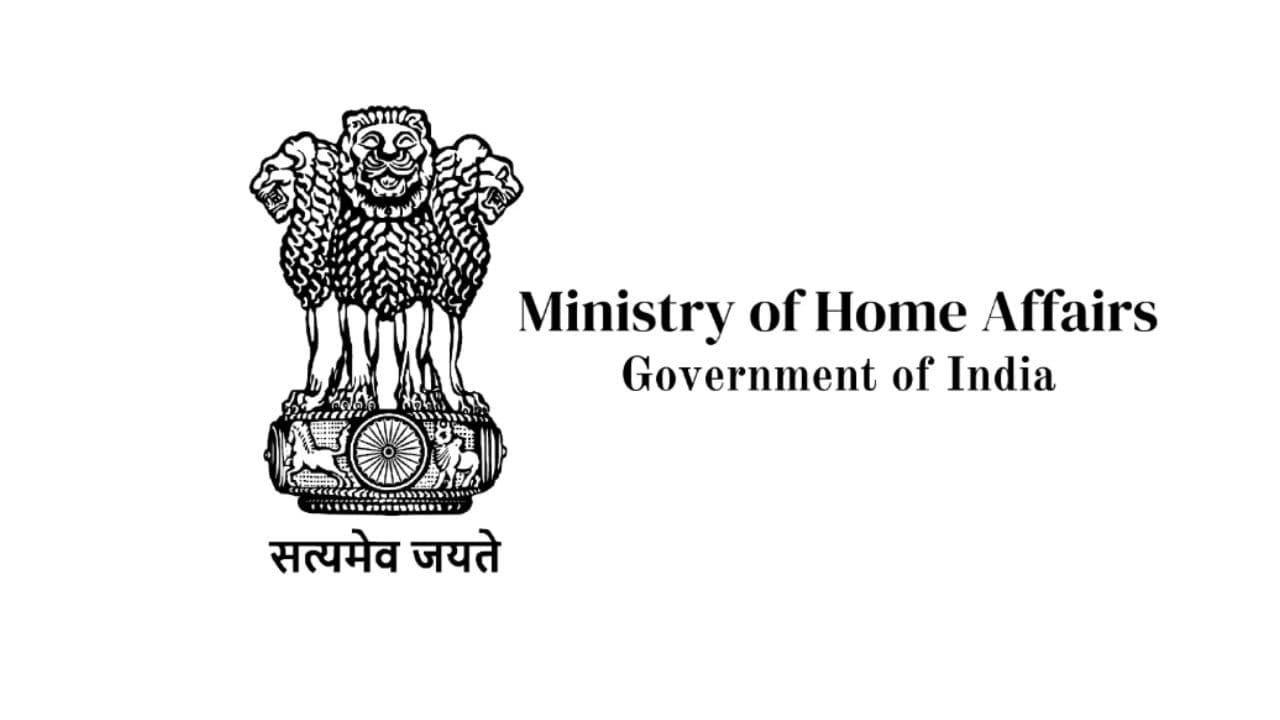The Ministry of Home Affairs is actively monitoring illegal Chinese gambling companies that are disguised as legitimate Real Money Gaming (RMG) companies in India. The Ministry of Electronics and Information Technology (MeitY) has been rigorously banning these Chinese apps and websites, but they continue to resurface under new identities.
These Chinese apps and websites have become hubs for money laundering in the country, posing a potential threat to national security and contributing to gambling addiction among citizens. In September 2024, an investigation by the Enforcement Directorate (ED) uncovered a ₹400-crore fraud involving Chinese nationals.
Four Indians associated with the online gaming app Fiewin, who supported the Chinese nationals in the fraud, were arrested by ED officials in Kolkata. The suspects allegedly laundered money through cryptocurrency by defrauding Indian users of ₹400 crore.
A senior policy leader at a leading RMG firm commented, “Goa is becoming a hotspot for registering Chinese companies involved in betting and gambling. These companies often masquerade as RMG firms registered in India to launder money, causing significant losses to the public exchequer. This is also because of China recently adopting stricter policy around gambling that such companies and individuals are expanding their operations aggressively in India.”
The source added, “The bigger issue is defrauding Indian users and taking their hard-earned money under false claims of legitimacy. This undermines trust in genuine RMG platforms and pushes players toward illegal gambling apps and websites.”
It’s worth noting that the offshore sports betting market receives an estimated $100 billion annually in deposits from India and has been growing at 20% per year over the last three years, according to a Think Change Forum (TCF) report.
Despite the best enforcement efforts, the illegal offshore betting industry is expected to continue growing at a rate of at least 20% annually under the new GST regime, potentially leading to tax losses of ₹6,72,205 crore by 2026, according to the report.
Additionally, the Ministry of Consumer Affairs raised concerns with the Registrar of Companies (ROC), urging scrutiny of multiple companies with Chinese directors or investments operating from the same address. This led the ROC to establish a dedicated cell to investigate shell companies with Chinese nationals as directors and investors.
Storyboard18 reached out to the E-Gaming Federation and All India Gaming Federation for their perspectives on Chinese companies masquerading as RMG firms in India. However, neither organization responded.
From 2022 to 2024, the IT Ministry issued 692 blocking orders targeting online betting, gambling, and gaming websites and apps. In November 2023, the Ministry issued blocking orders against 22 illegal betting apps and websites, including Mahadev Book Online, which is under investigation for money laundering in Chhattisgarh. In February, the Ministry blocked 138 betting apps and websites, including platforms like Mahadev, Parimatch, Fairplay, 1XBET, Lotus365, Dafabet, and Betwaysatt.
Storyboard18 also reported that RMG operators submitted a list of over 540 illegal websites and apps to Directorate General of GST Intelligence (DGGI) following the implementation of the 28% tax regime on October 1, 2023.
“The problem is that these Chinese or offshore betting and gambling companies quickly reappear with new domain names and resume operations,” said an RMG operator. “There is a need for whitelisting apps, and the government should create more awareness about this. We have proposed this solution, but no progress has been made so far.”
The first tranche of Chinese-origin apps was blocked in June 2020 when MeitY banned 59 apps through a single order.
In December 2023, the Finance Ministry informed the Lok Sabha that, as of October 31, 2023, MeitY had blocked a total of 581 apps under Section 69A, of which 174 were related to betting and gambling, and 87 were loan-lending apps. Other banned apps included PUBG and Garena Free Fire. However, the ministry did not specify when these 581 apps were blocked.
